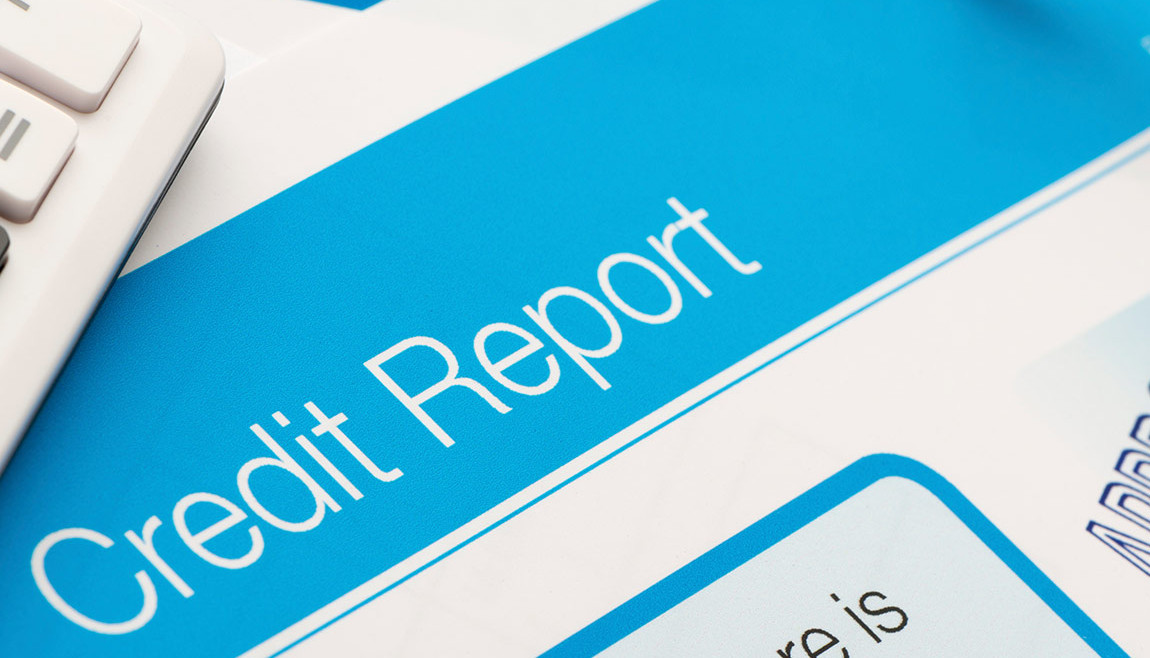Spring Cleaning and Home Buying
https://bardolawpc.com/wp-content/uploads/2015/09/BlogPhoto-023-BardoLaw.jpg 700 500 StacyBardo StacyBardo https://bardolawpc.com/wp-content/uploads/2015/09/LinkedIn-StacyBardo-BardoLawPC-150x150.jpgSpring cleaning and home buying — it’s that time of year again. The sun is shining longer, flowers are starting to bloom, and many of us are emerging from our winter hibernation wanting a fresh start. It’s no coincidence that this is the busiest time of year for new home purchases and there are some important things you should do before you start looking.
- Check your credit report.
Before you apply for a mortgage, it’s important to examine your credit report. Go to https://www.annualcreditreport.com/index.action and request copies of your report from each of the three major credit bureaus. If you see data that doesn’t look right, initiate a dispute but be sure to support your dispute with written proof of the mistake. If you dispute prior to applying, you can avoid delays or even lost purchase opportunities should something erroneous be listed on your report.
- Consider the ratio of your available credit to used credit.
Do you have open credit cards or home equity lines of credit with high balances? Don’t close credit lines but instead, think about paying down debt on revolving accounts so that you have a good ratio of used credit to available credit.
- Verify any liens that may be on your current home.
If you currently own a home you’re thinking of putting on the market, visit your local recorder of deeds’ office and verify no liens exist. Working to remove or pay off liens after you’ve started the buy/sell process may be too late.
- Beware of re-finance offers that appear to good to be true.
Banks and mortgage companies (online or “brick and mortar”) frequently send solicitations promising certain rates. But these offers have fine print and usually require an appraisal to qualify. Don’t wait for a denial letter because your home isn’t worth what you thought it was — check local listings, speak with a qualified home appraiser, and have the data before you respond to a credit solicitation.
Make your home buying (or selling) experience a bit easier and be armed with the knowledge you need about home values, your credit, and your overall finances. Happy Spring!





